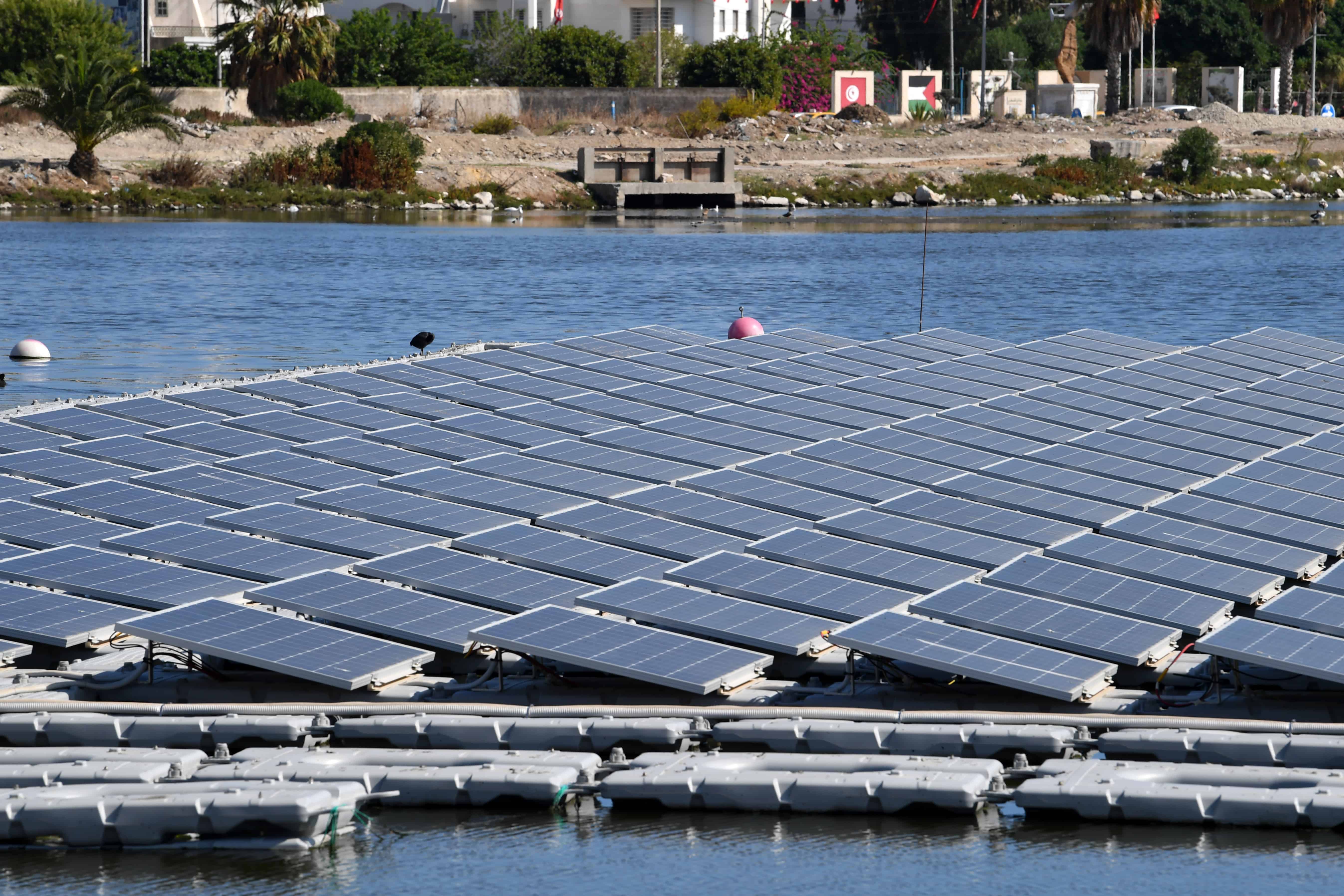Tunis, Tunisia—The European Union signed off Monday on a 100-million-euro ($103 million) grant to cash-strapped Tunisia, whose economy has been battered by the coronavirus pandemic and political turmoil.
The grant program “aims to support economic recovery efforts and consolidate the progress already made in distributing social aid to citizens and businesses in need,” the EU delegation to Tunisia said in a statement.
The EU’s ambassador, Marcus Cornaro, said the bloc aims to support the North African country’s post-Covid economic recovery and “help Tunisian households suffering the consequences of Russian aggression against Ukraine on energy and food prices”.
Tunisia relies heavily on imported wheat and natural gas, whose prices have shot up since Russia’s invasion of its neighbor in February.
The first tranche of 40 million euros was automatically handed over after Cornaro signed the deal alongside Tunisia’s Economy Minister Samir Saied.
The rest will be transferred “on the basis of effective progress in the implementation of structural reforms initiated by Tunisia”, the statement said.
The grant comes as Tunisia awaits a loan deal with the International Monetary Fund (IMF), and the EU said its aid money was “part of the approved reforms” to finalize the deal.
Tunisia has undergone more than a decade of low growth with high public debt, unemployment and inflation since its 2011 revolution which sparked the Arab Spring uprisings.
The country in mid-October reached a deal in principle with the IMF for a $2-billion loan package to bail out a treasury suffocating under debt measuring at more than 100 percent of GDP.
The first part of the loan is expected to be delivered in December.
In return, the government has committed to lifting subsidies on basic products and replacing them with direct payments to the most needy, as well as restructuring public firms that have monopolies over several sectors.

